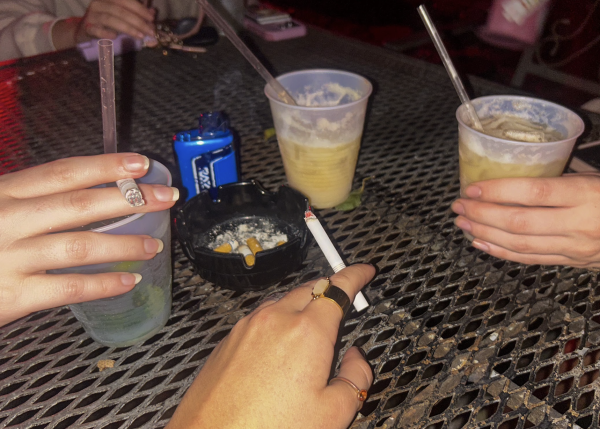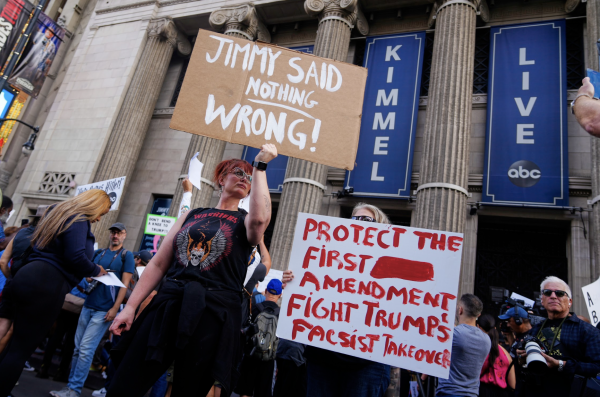The music industry program needs to keep it real
At the time of writing, most New Orleans music and culture festivals scheduled for the fall have been canceled, and the cruel fever dream of “normalcy” that prevailed the last few months has been put to rest. I can’t help but wonder how our music industry program will respond.
Nothing has killed the industry yet, despite new fears of such an apocalyptic occurrence every decade or so. But, the present circumstances do however underscore the need for adaptation in the way we conduct ourselves ethically. We can’t keep modeling the outside world in our little bubble of college rock and pseudo fame.
The music industry today, and ever since it became more industry and less music, is rife with sexual abuse, and so to is our own microcosm. I know too many female-bodied musicians who have turned down gigs because they refuse to play with abusers. For the men with “good hearts” who feel like they don’t have any other choice but to play those shows if they want to make a name for themselves: your female colleagues often don’t have that choice at all, and they see you.
As COVID-19 has shown, we as musicians are readily equipped to perform complex operations of moral calculus. Should we play this show or festival? Is it more moral if we require vaccinations or covid tests? How do I play enough shows to feed my family, but not so many that we all get sick? There is one question, however, that nearly everyone in our program has faced. Am I enabling an abuser if I’m playing or attending their show?
The answer isn’t complex or nuanced. The answer is a resounding yes, yes you are. Loyola prides itself on supporting and promoting it’s musicians, which on the surface is an amazing opportunity to uplift creativity and talent. However, Loyola encourages a dangerous social dynamic. The music industry program at Loyola must include a culture, curriculum and system of accountability that the outside industry lacks. Loyola must be better. It’s not enough to trust that when the time comes, young musicians will know how to navigate compromising situations, often dealing with drug use and sexual assault. When we are presented with careers and opportunities in music that would place us in positions of power over others, how can we ensure that we are better than those that came before us? Music is supposed to be fun and musicians work in the realm of entertainment, but if we truly believe it when we claim to be removing barriers, we must contend with a sobering dose of reality. These are going to be difficult conversations to have, but they are crucial for an institution that aims to educate the next generation of music professionals.







